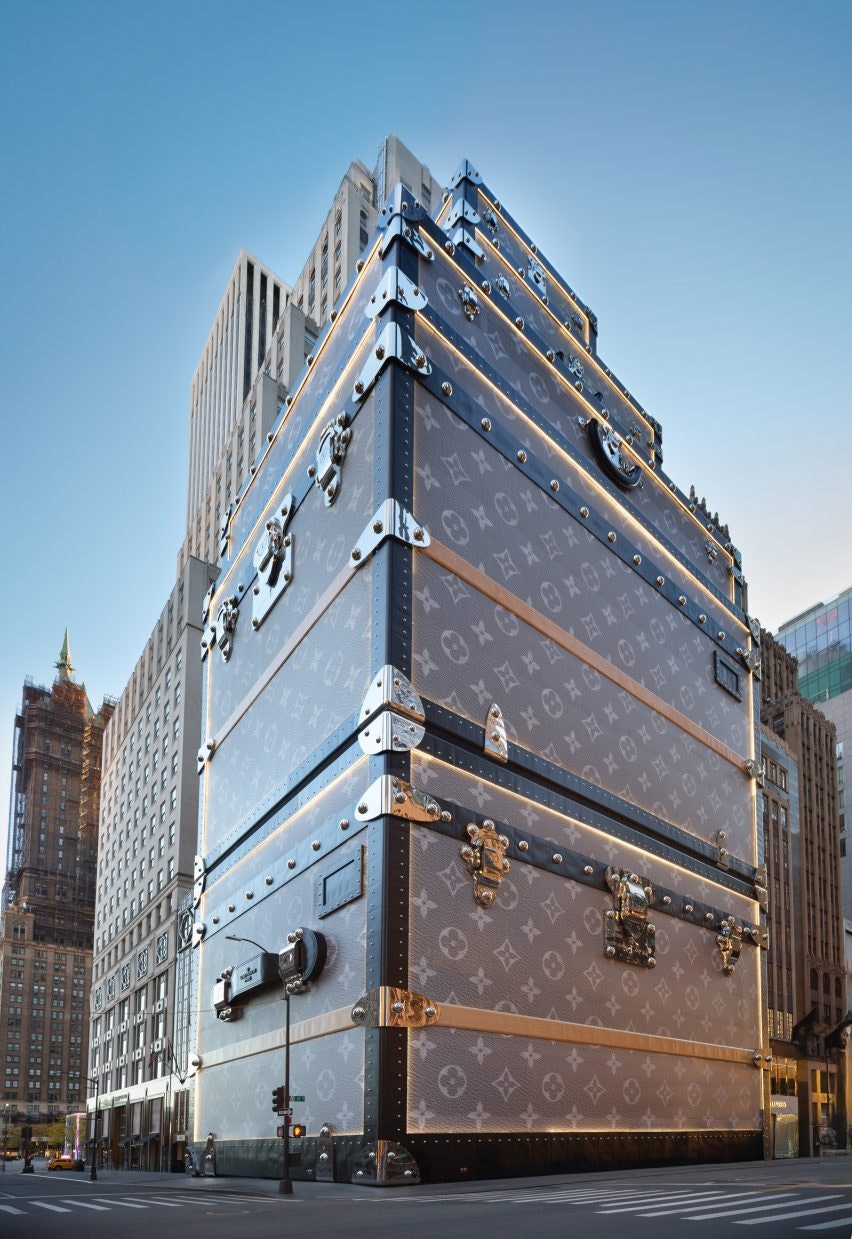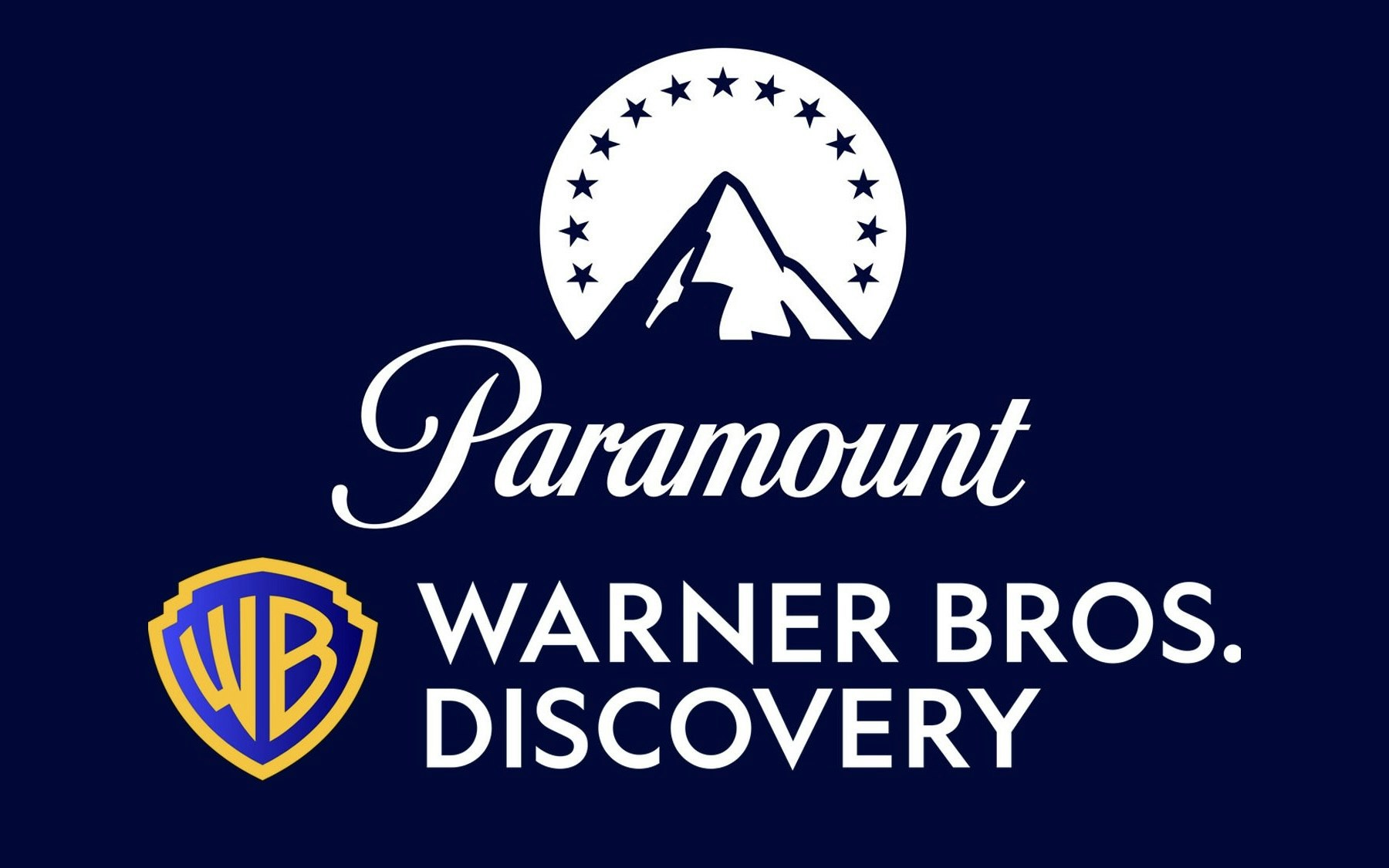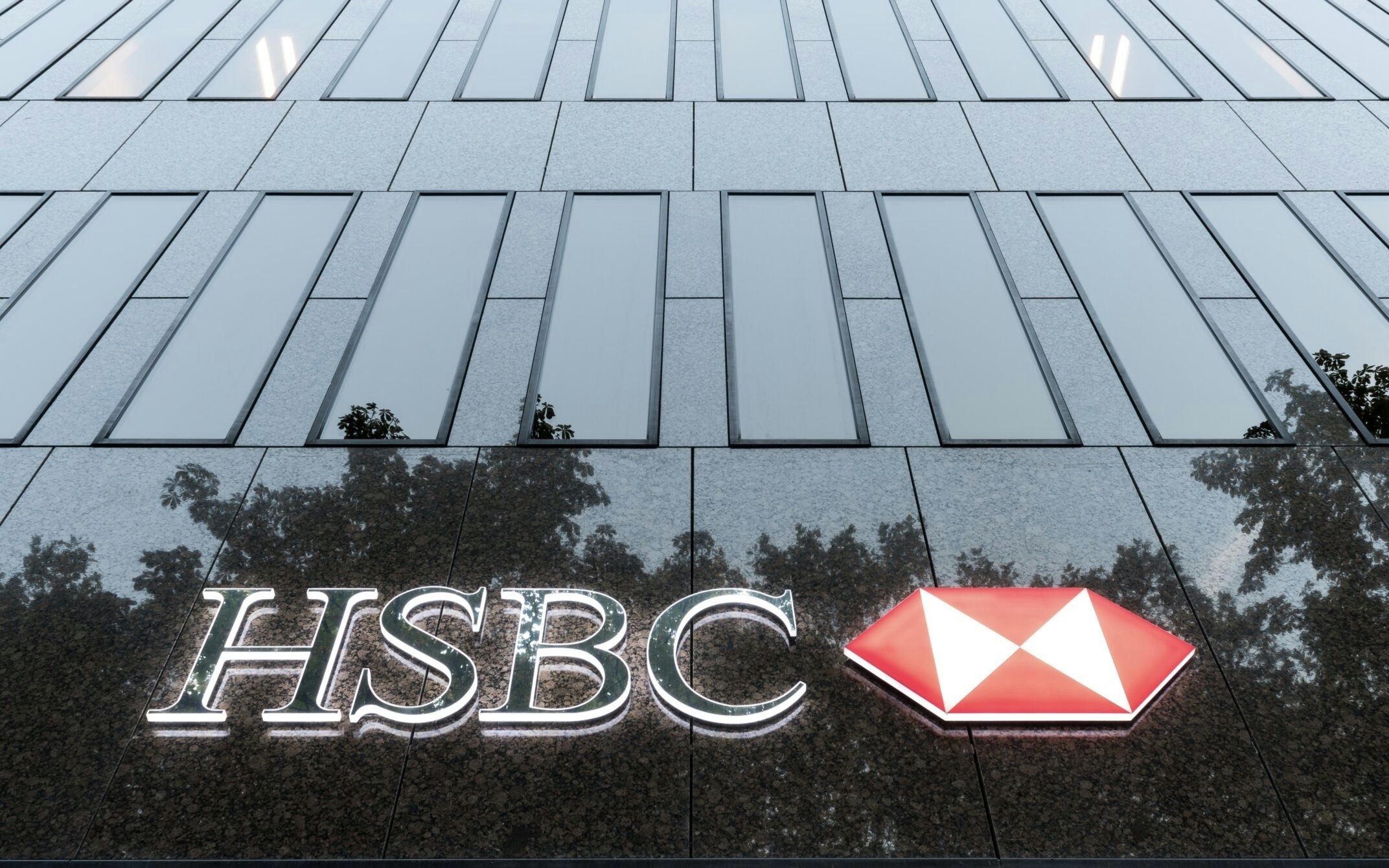Crypto
Crypto, Consumption, and Louis Vuitton: How Bitcoin Drives the Luxury Market
The USA as a Beacon of Hope for the Luxury Industry – Despite Global Uncertainties and New Challenges

New York's Latest Attraction? A 70-Meter High Louis Vuitton Suitcase Stack.
At a time when the Chinese market is faltering due to a real estate crisis and South Korea is in political turmoil, luxury brands like Louis Vuitton are turning their focus back to the USA. But can the "Crypto Bros" truly be the saviors once again?
When Crypto Glitters, Luxury Blooms
The past has shown that the rise of cryptocurrencies can have massive effects on the luxury market. Already in 2021, the Bitcoin boom caused sales of high-end products like watches and jewelry to skyrocket. Now, as Bitcoin has surpassed the $100,000 mark, brands like Cartier and Tiffany & Co. are hoping for a similar effect.
A growing demand is already emerging. Watches of Switzerland reports increasing sales of collectibles in the USA, while Richemont, the parent company of Cartier, gave optimistic forecasts for the Christmas business following the US election.
Millennials and Gen Z – A New Challenge
While the stock markets are booming and tax breaks for the wealthy are on the horizon, the younger generation remains a mystery to the luxury industry. Morgan Stanley warns that the recent wealth boost mainly benefits the older generations. Millennials and Gen Z, considered drivers of growth in the luxury sector, might be sidelined.
But luxury brands rely on creative approaches: from hiring pop icons like Debbie Harry (Gucci) to physical innovations like Louis Vuitton's first chocolate store in the USA - all to bring younger target audiences back on board.
The USA: An Untapped Luxury Market
Despite challenges, the US market remains a lucrative growth driver. In 2024, US customers accounted for about 29% of global luxury purchases – more than any other nation. Brands like Louis Vuitton, Gucci, and Prada have expanded their presence beyond classic metropolises like New York and Los Angeles. Cities like Austin, Atlanta, and Scottsdale are developing into new luxury hotspots, thanks to lower rental prices and affluent target groups.
The Stumbling Block "Trump
But not everything shines in the land of unlimited possibilities. With Donald Trump as the new president, potential import tariffs threaten to affect European luxury brands. While some, like Louis Vuitton, already operate local production sites in Texas and California, European origin remains an essential part of their brand identity. Higher production costs could thus burden the already narrow margins.
Conclusion? Not necessary
Whether Crypto, Millennials, or Politics – the Luxury Industry Remains in Flux. What remains is the unbroken innovative power of brands like LVMH, which constantly reinvent themselves with gigantic suitcase towers and chocolate boutiques. One thing is certain: The USA remains a playground for the wealthy and style-conscious – with Bitcoin as a new joker.






